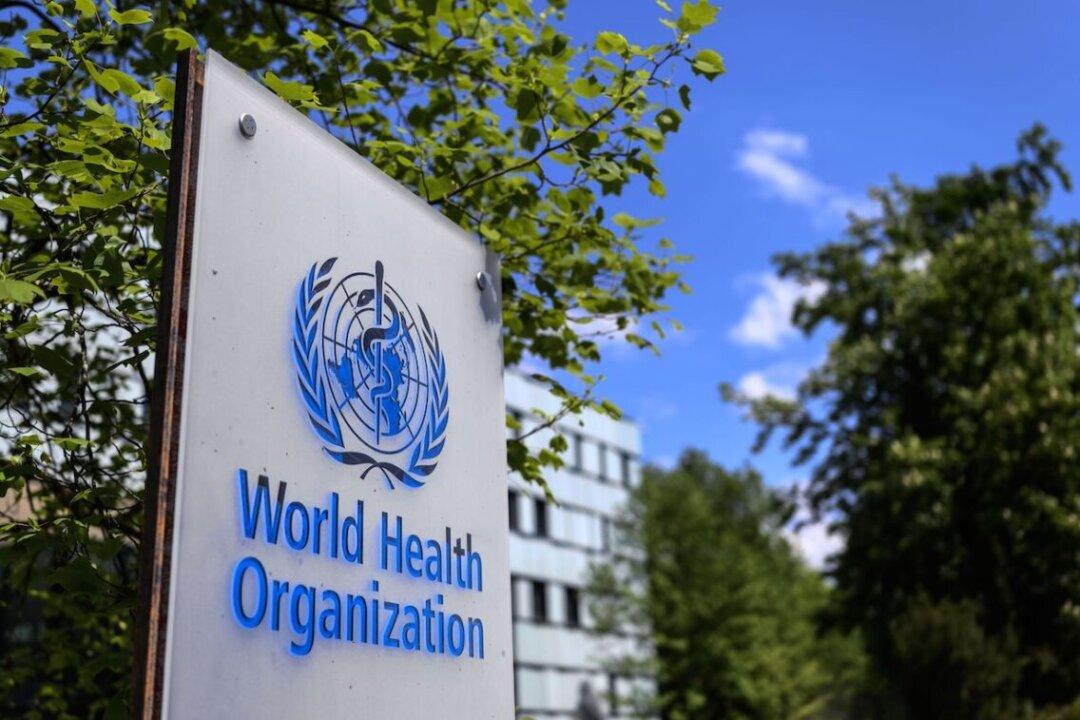The World Health Organization is recommending that people 60 and older postpone their travel plans over Omicron variant concerns.
The WHO, which named Omicron as a variant of concern (VOC) on Nov. 26, says it’s monitoring the spread of the variant, and advised certain travelers to delay their trips to “areas with community transmission.”





